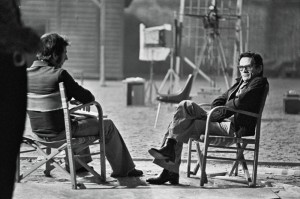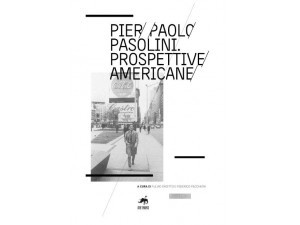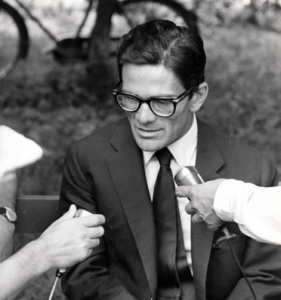The Interview as Self-Criticism: On Pasolini’s Metatelevisual & Extracinematographic Performativity (Book Chapter)
Book chapter in Pier Paolo Pasolini: American Perspectives. Ed. Fulvio Orsitto and Federico Pacchioni. Pesaro: Metauro, 2015.

Pasolini’s irrevocable, moralistic condemnation of television seems to provide the perfect case against it. Like most European scholars writing about popular culture in the 1960s, the director seems both to take television very seriously and react with anguish to what he sees. What exactly is it about television culture that Pasolini fears so much? And, more importantly, what are the implications of his continual appearances (interviews, talk shows, promotions of his movies) to speak against a medium he apparently hates? In order to find the key to this complex relation we need to put aside for a moment the works written by the director about television, and instead look at how Pasolini appears on television. This approach reveals a hidden pars construens, a precocious and sophisticated understanding of the small screen dynamics. Thus, Pasolini’s epiphanies on the small screen constitute a sort of fascinating parallel media existence that precedes and at time coexists with that of the implacable columnist. I conclude by suggesting a reading of the documentary Love Meetings (1964) as a work that critically examines the logics of television, which even now offers valuable lessons to would-be practitioners of a transformed medium.


